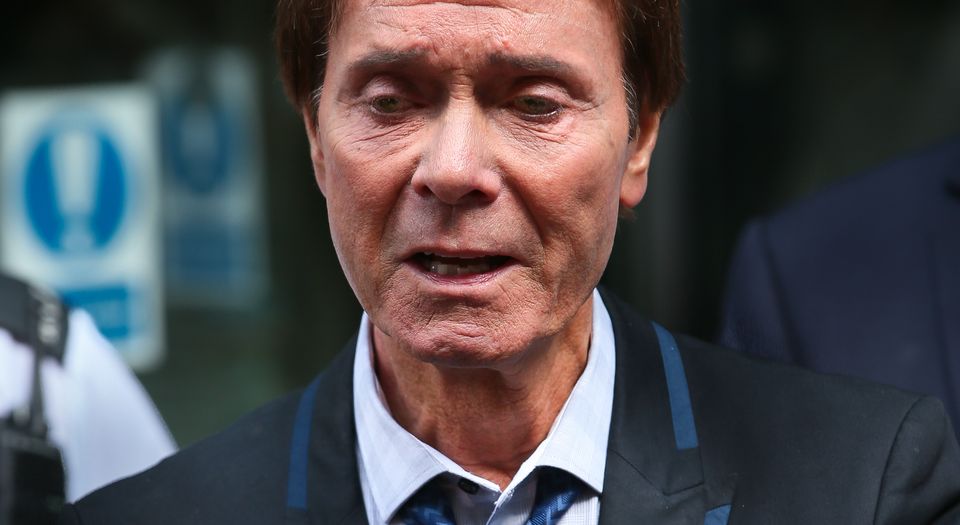The chilling effect of the Cliff Richard ruling
People are already citing the ruling to try to stifle media reporting.

Want to read spiked ad-free? Become a spiked supporter.
There have been many attempts in recent months further to restrict press freedom in the UK, primarily through the campaign for Leveson 2. And now there’s a new threat to press freedom: the precedent set by the judge’s ruling a couple of weeks ago in Sir Cliff Richard’s privacy case against the BBC. The judge decreed that the BBC was wrong to name Sir Cliff as a suspect in a historic sex-abuse case, as he hadn’t yet been charged with anything. This was an invasion of his privacy, the judge said. Legal experts and commentators warned that the ruling would have a chilling effect on press freedom, by elevating an individual’s right to privacy over free and open public discussion, including of alleged crimes. Already, we are seeing that they are right to have these concerns.
This week we have the case of Jess Bradley, the National Union of Students’ (NUS) first transgender officer. A whistleblower has accused Bradley of posting on a blog images of herself flashing in public places, including on a train and at work. She has been suspended and is under investigation by the NUS. Worryingly, though, Bradley’s lawyers – at the high-end law firm, Carter Ruck – tried to prevent publication of this story in the media on the basis that it would undermine Bradley’s privacy. And they cited the Cliff Richard ruling to try to bolster their case. Thankfully, they failed in this instance. But the chilling effect of the Cliff ruling is now apparent.
Bradley is a public figure. There is legitimate interest in the fact that she is being investigated. She is a full-time officer in a national union that supposedly represents more than two million students. She was on Sky News giving an interview just days before her suspension. If she has done something wrong, that will be of interest to the public. That she and her lawyers so quickly reached for the Cliff ruling suggests she won’t be the last person to try to use that case to shelter herself from scrutiny.
It is essential that the free press be allowed to report on allegations made, while trusting that the rest of us understand that is what they are: allegations. Bradley, like everyone else suspected of wrongdoing, is innocent until proven guilty. If she is cleared of all suspicion, then no doubt she and her lawyers would like the press to report on that fact. This is the job of a free media: to let the public know who is under investigation, why, and what eventually becomes of their cases – whether they are found guilty or not guilty.
There is much we can criticise in the BBC’s reporting of the investigation of Sir Cliff Richard. But we cannot allow the judge’s wrongheaded ruling against the BBC to continue interfering with public-interest reporting and media discussion of investigations. More journalists need to take a stand against any future attempts to use the Cliff ruling to strike down legitimate reporting, and insist on openness in legal and public affairs.
Ieuan Joy is a writer.
Picture by: Getty
Who funds spiked? You do
We are funded by you. And in this era of cancel culture and advertiser boycotts, we rely on your donations more than ever. Seventy per cent of our revenue comes from our readers’ donations – the vast majority giving just £5 per month. If you make a regular donation – of £5 a month or £50 a year – you can become a and enjoy:
–Ad-free reading
–Exclusive events
–Access to our comments section
It’s the best way to keep spiked going – and growing. Thank you!







Comments
Want to join the conversation?
Only spiked supporters and patrons, who donate regularly to us, can comment on our articles.